Overview
The star tenor Javier Camarena brings his artistry to a thrilling opera gala with the Korean National University of Arts Symphony Orchestra conducted by Toufic Maatouk. Hailed by the New York Times as possessing ‘gleaming sound, free and easy high notes, agile coloratura runs and lyrical grace’. Mexican Opera star Javier Camarena was recently recognised as Male Singer of the Year by the International Opera Awards and has made a name for himself in operas by Puccini, Bellini, Donizetti and Mozart. Along with Zuzana Markova, they will sing Arias and duets from Bellini, Donizetti, Rossini, Mascagni, Massenet and Verdi.
Programme
G. ROSSINI (1792- 1868)
Barbiere di Siviglia
Sinfonia
V. BELLINI (1801- 1835)
Capuletti e Montecchi
Eccomi in lieta vesta... Oh Quante volte
G. DONIZETTI (1797-1848)
Elisir d’amore
Una furtiva lagrima
V. BELLINI (1801- 1835)
I Puritani
Oh rendetemi la speme... qui la voce sua soave... Vien diletto è in ciel la luna
J. Massenet (1842-1912)
Werther
Pourquoi me réveiller
G. VERDI (1813- 1901)
La Traviata
Parigi o cara
P. Mascagni (1863- 1945)
Cavalleria Rusticana
Intermezzo
G. VERDI (1813- 1901)
Rigoletto
La donna è mobile
Vicenzo BELLINI (1801- 1835)
La Sonnanbula
Ah non credea mirarti .... Ah non giunge
F. LEHAR (1870- 1948)
Das Land des lächelns
Dein ist mein ganzes Hertz
G. DONIZETTI (1797-1848)
L’elisir d’amor
Caro elisir, sei mio!
Artists
JAVIER CAMARENA
Recognised as the Male Singer of the Year by the International Opera Awards in 2021, Javier Camarena has become one of the world’s most popular and sought-after tenors. Born in Xalapa in Mexico he first studied at the Universidad Veracruzana before graduating with honours from the University of Guanajuato and winning first prize in Mexico’s Carlo Morelli National Singing Competition. He made his professional debut at the Palacio de Bellas Artes in Mexico City as Tonio in La Fille du régiment before being invited to join Zurich’s International Opera Studio and becoming a member of the opera house’s ensemble from 2006 to 2014.
Camarena’s principal rules include Almaviva in Il barbiere di Siviglia, Don Ramiro in La Cenerentola and the title role in Le Comte Ory, Tamino in Die Zauberflöte, Belmonte in Die Entführung aus dem Serail, Ferrando in Così fan tutte, Ernesto in Don Pasquale, Nemorino in L’elisir d’amore, Arturo and Edgardo in Lucia di Lamermoor, Gualtiero in Il pirata, Des Grieux in Manon, Alfredo in La traviata, Fenton in Falstaff, working with such conductors as Claudio Abbado, Marco Armiliato, Maurizio Benini, Bruno Campanella, Giuseppe Finzi, Daniele Gatti, Fabio Luisi, Zubin Mehta, Evelino Pidò and Franz Welser-Möst.
He has been given the Opera News Award (2020), the Bellas Artes Opera Medal, the ISPA Distinguished Artist Award and the Mozart Medal (all in 2019) and in 2014 his hometown of Xalapa awarded him the Sebastian Lerdo de Tejada medal as distinguished citizen.
His recordings include Recitales (2014), a live recording of arias by Rossini, Scarlatti and Donizetti with songs by Mexico’s Agustín Lara, María Grever and others; Serenata (2015), a collection of songs by Lara and other Mexican composers; and an album of traditional children’s songs entitled Javier Camerena canta a Cri Cri (2015). His album Contrabandista (2018) explores the life and music of the legendary Spanish tenor Manuel García. He has also appeared on numerous operatic DVD/Blu-ray releases, including Così fan tutte (2010), Falstaff (2012), Rossini’s Le Comte Ory and Otello (2014), Die Entführung aus dem Serail (2014) and a second version of Falstaff with Zubin Mehta conducting the Vienna Philharmonic (2014), as well as Schubert and Mozart masses under Claudio Abbado recorded at the Salzburg Festival (2013).
ZUZANA MARKOVA
A Czech born soprano Zuzana Marková appears in leading roles internationally. She established herself as Gilda, Violetta, Lucia di Lammermoor and many other roles of the Italian repertoire. She is a sought-after star in most Italian theaters (Venice, Florence, Genoa, Rome, Palermo, Naples, Turin), loved by audiences at the Paris Opera, the Vienna State Opera, the Berlin State Opera and Los Angeles.
In 2022, Zuzana Marková created the role of Gilda in Rigoletto at Oper Frankfurt, then she was Norina in Gaetano Donizetti’s opera Don Pasquale at the Royal Opera House in London. She was Violetta Valéry at Arena in Verona and performer also with this role in La traviata in Teatro Comunale di Bologna In the autumn of 2022, she participated in Andrea Bocelli’s tour.
In 2023 she was Violetta in Theatre Capitole du Toulouse and at the State Opera in Prague. She also sang the role of Donna Anna at the Estate Theater in Prague. During summer 2023 Zuzana Marková celebrated big succes as Gilda in Terme di Caracalla (season of Teatro dell’opera di Roma).
Zuzana opened the year 2024 as a guest of Andrea Bocelli of his sold-out O2 arena stadium concert in Prague.
KOREAN NATIONAL UNIVERSITY OF ARTS SYMPHONY ORCHESTRA
The Korean National University of Arts Symphony Orchestra (KNUA) was founded in 1993 in conjunction with the establishment of the Korea National University of Arts. Since then it has become acclaimed for its performances, contributing significantly to the profile of classical music in Korea and holding annual concerts at venues including the Seoul Arts Centre and the Lotte Concert Hall. In addition to engagements in its home country, the orchestra has performed internationally in Germany, Russia, China and the United States.
During the Korea-Russia summit in 1999 the orchestra collaborated with the Moscow State Conservatory and in 2001 collaborated on concerts with both the Moscow State Conservatory and the Rimsky-Korsakov Saint Petersburg State Conservatory, to widespread enthusiasm.
In April 2022 the KNUA Symphony Orchestra participated virtually in the Beethoven Easter Festival in Warsaw and in 2023 the orchestra was honoured to be invited to give the opening concert of the Festival and was named as the guest nation of the event.
To mark the 30th anniversary of the university in 2023 the KNUA Symphony Orchestra, together with the KNUA Grand Choir, performed Mahler’s Symphony No. 2 at the Lotte Concert Hall. This monumental performance, involving over 400 students and alumni, was praised for surpassing the perceived limits of university orchestras and for elevating the standard of classical music in Korea.
TOUFIC MAATOUK
Conductor
Toufic Maatouk has earned global recognition for leading major ensembles such as the Romanian Radio Symphony Orchestra, Romanian Radio Chamber Orchestra, Orchestra del Teatro di San Carlo in Napoli, Orchestra Giovanile Mediterranea, Roma Sinfonietta, Orchestra Sinfonica di Sanremo, Los Angeles Sinfonietta, Korean National University of Arts Symphony Orchestra in Seoul, and Académie de l’Opéra de Paris. He made his Carnegie Hall debut in 2015 and has performed at renowned festivals and venues such as the Festival d’Île de France, Radio Romania Hall in Bucharest, and Manaus Opera in Brazil. In 2018, he was first invited to conduct at the Baalbeck International Festival—the oldest musical festival in the Middle East, set against the breathtaking backdrop of ancient Roman ruins.
In 2012, he took on the prestigious position of Artistic Director at the acclaimed Beirut Chants Festival. A year later, he became Guest Conductor with the Lebanese Philharmonic Orchestra, and in 2017, he started a yearly collaboration with the Romanian Radio Orchestra.
Maatouk has been praised for his insightful direction and consummate command of the orchestra. Opera Magazine gave him a rave review for conducting Verdi’s Requiem at the Baalbeck International Festival: “His musical sensitivity was immediately evident from the first sounds of the cellos and the care in the search for a specific and symbolic sound. Right from those first thrilling moments, one could find the nuances that brought a distinctive feature to his enlightened reading”.
The conductor is renowned for his meticulous voice work with singers, especially in the Italian and French repertoires. Noteworthy performances include working with great artists such as Maria Agresta, Joyce El Khoury, Jessica Pratt and Daniela Barcellona. He conducted at the prestigious Puccini Festival in Torre del Lago and the XXVI Mese Pucciniano on the Centennial of Puccini. He debuted this year at the Tirana Opera House Orchestra & Choir in Albania. Maatouk is a jury member for prestigious competitions including the Ottavio Ziino International Lyric Competition and Voce Verdiane International Competition.
For his valuable contribution to the arts, he was knighted with the “Cavaliere dell’Ordine Della Stella d’Italia” by the President of the Italian Republic in 2020. In 2023, the French Ministry of Culture similarly bestowed upon him the title of “Chevalier des arts et des lettres.”
Maatouk studied conducting under Ennio Nicotra and Donato Renzetti. He holds a Ph.D. in Musicology from the Pontificio Istituto di Musica Sacra in Rome and has various publications with Éditions Geuthner in France. He has recorded 13 albums focusing on Maronite liturgical compositions, aiming to preserve this ancient musical tradition.
Upcoming performances include performances a new production of Carmen at the Baalbeck International Festival, and Donizetti’s Rita at the Bucharest Opera Festival.

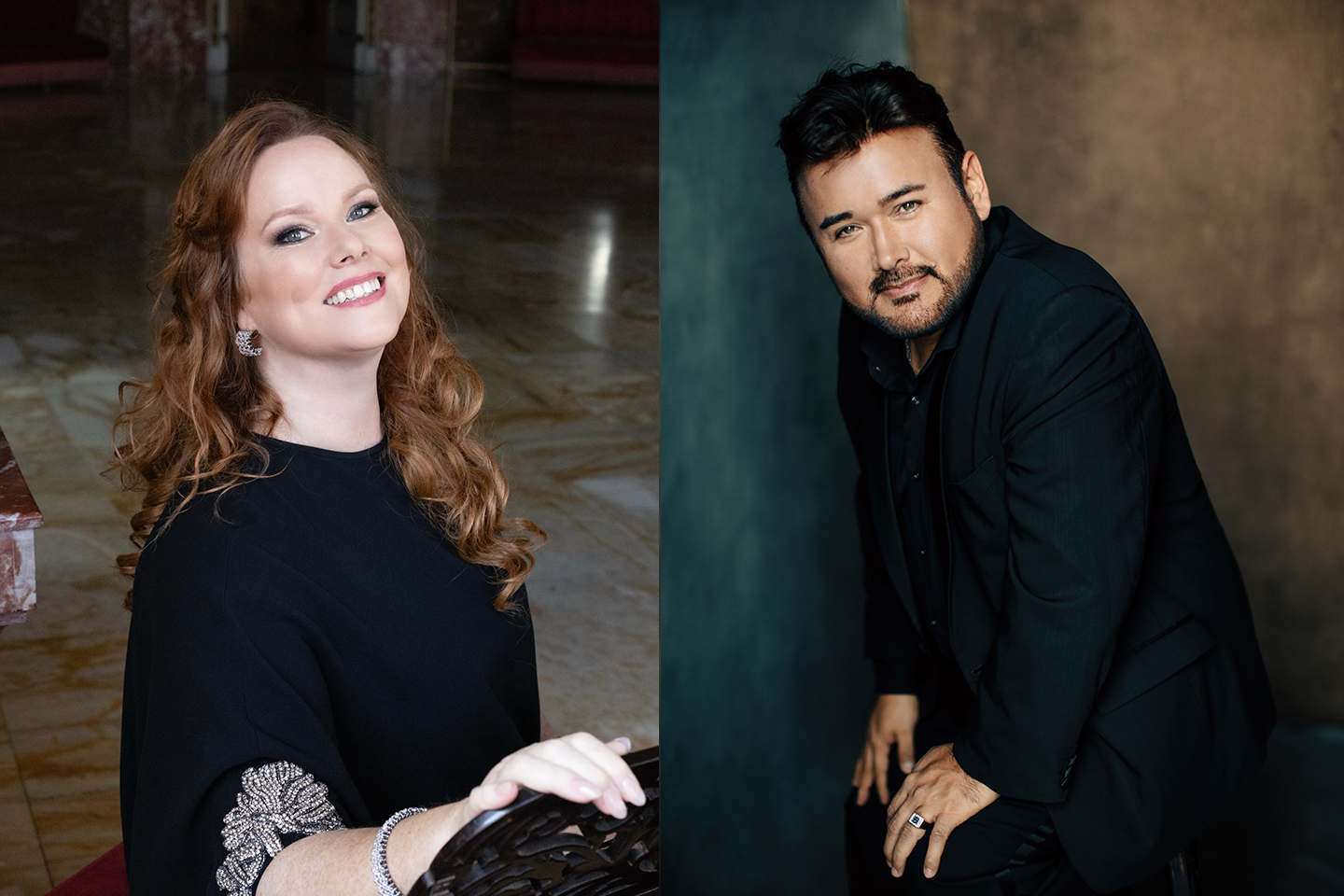
.png)
.png)



.png)

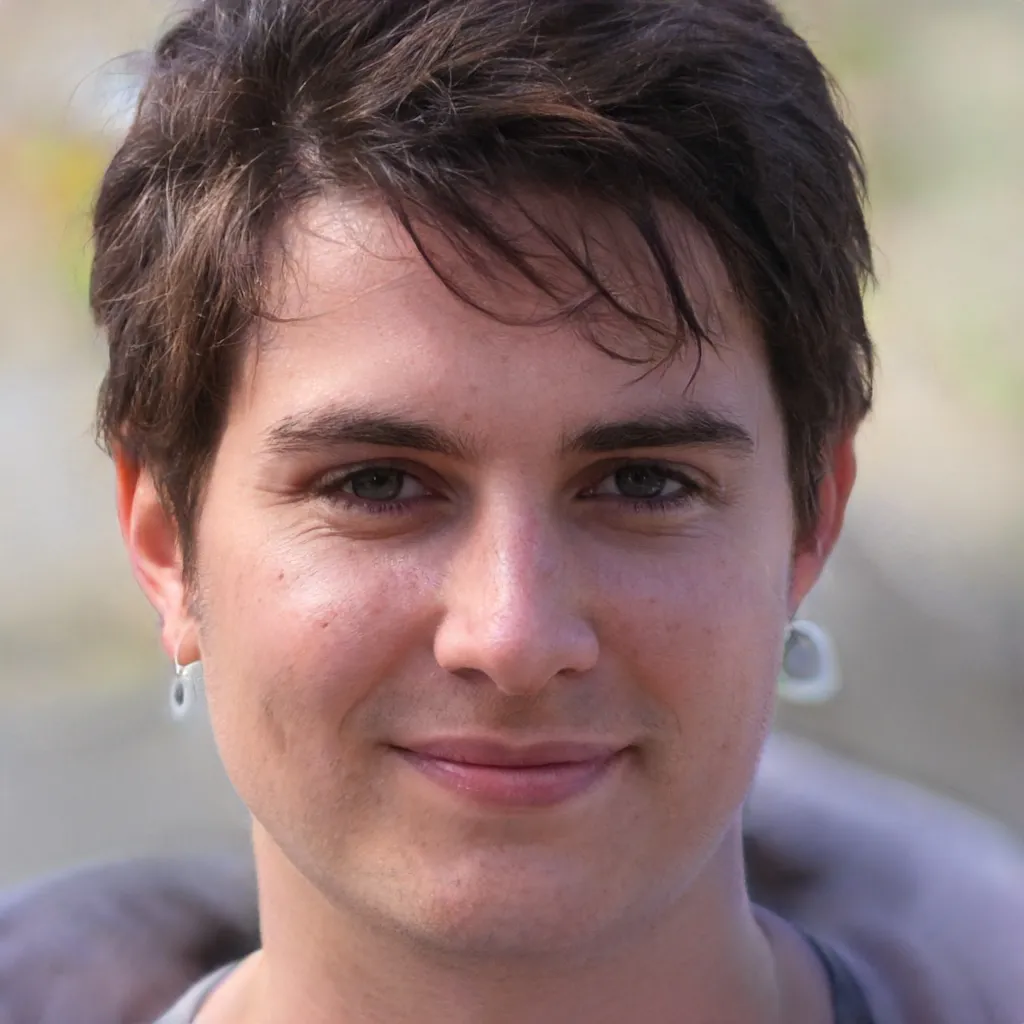
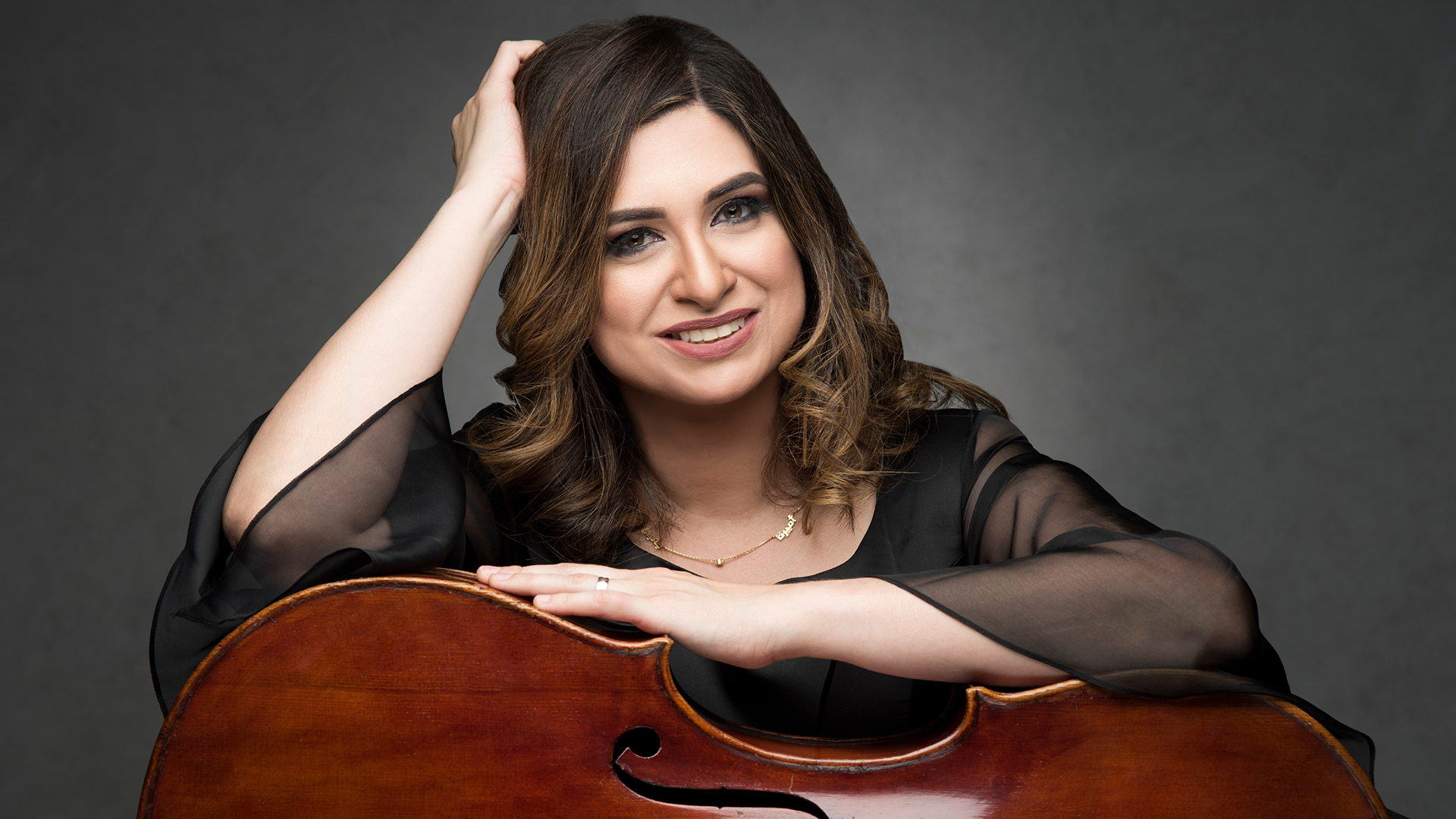
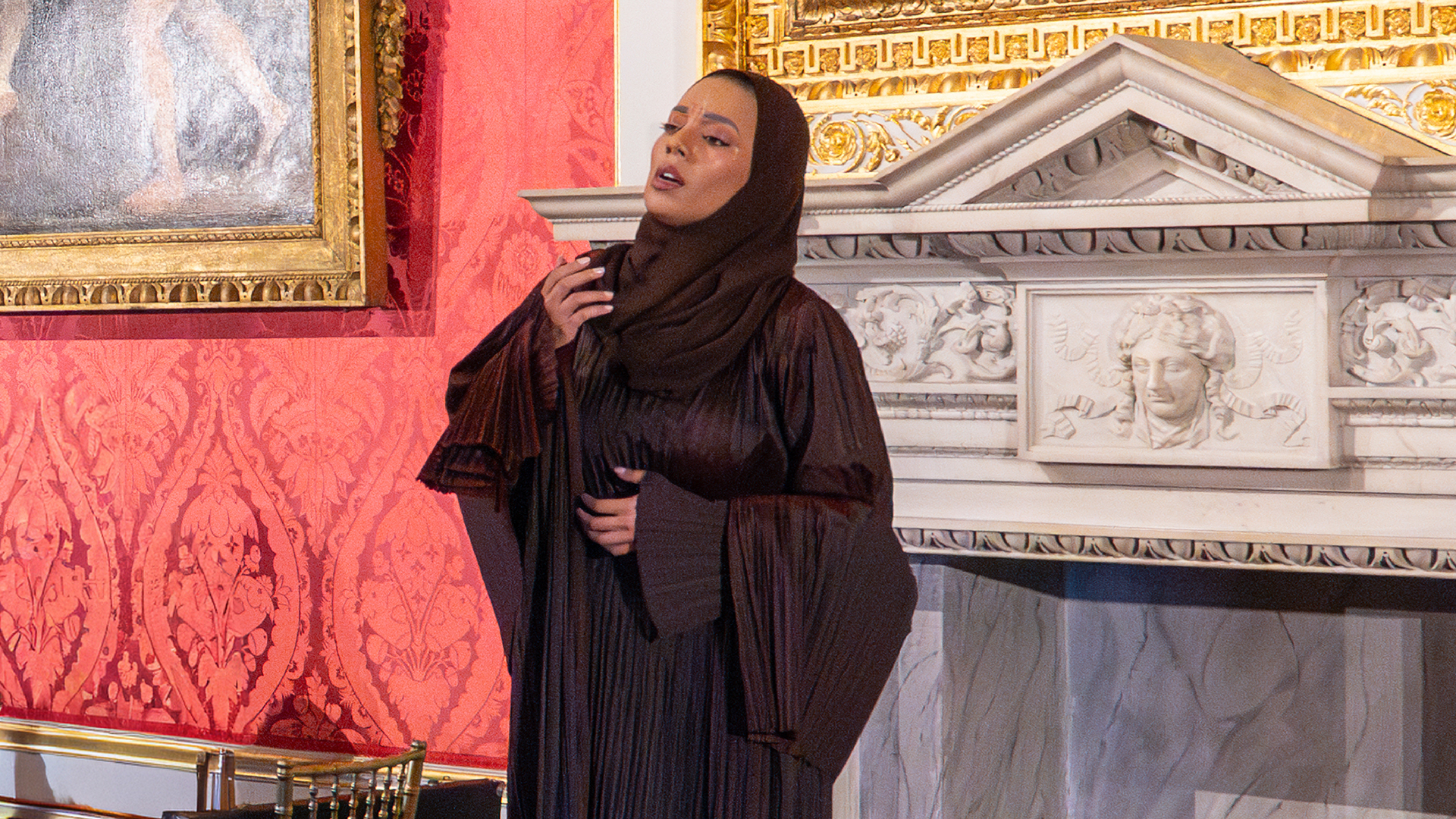
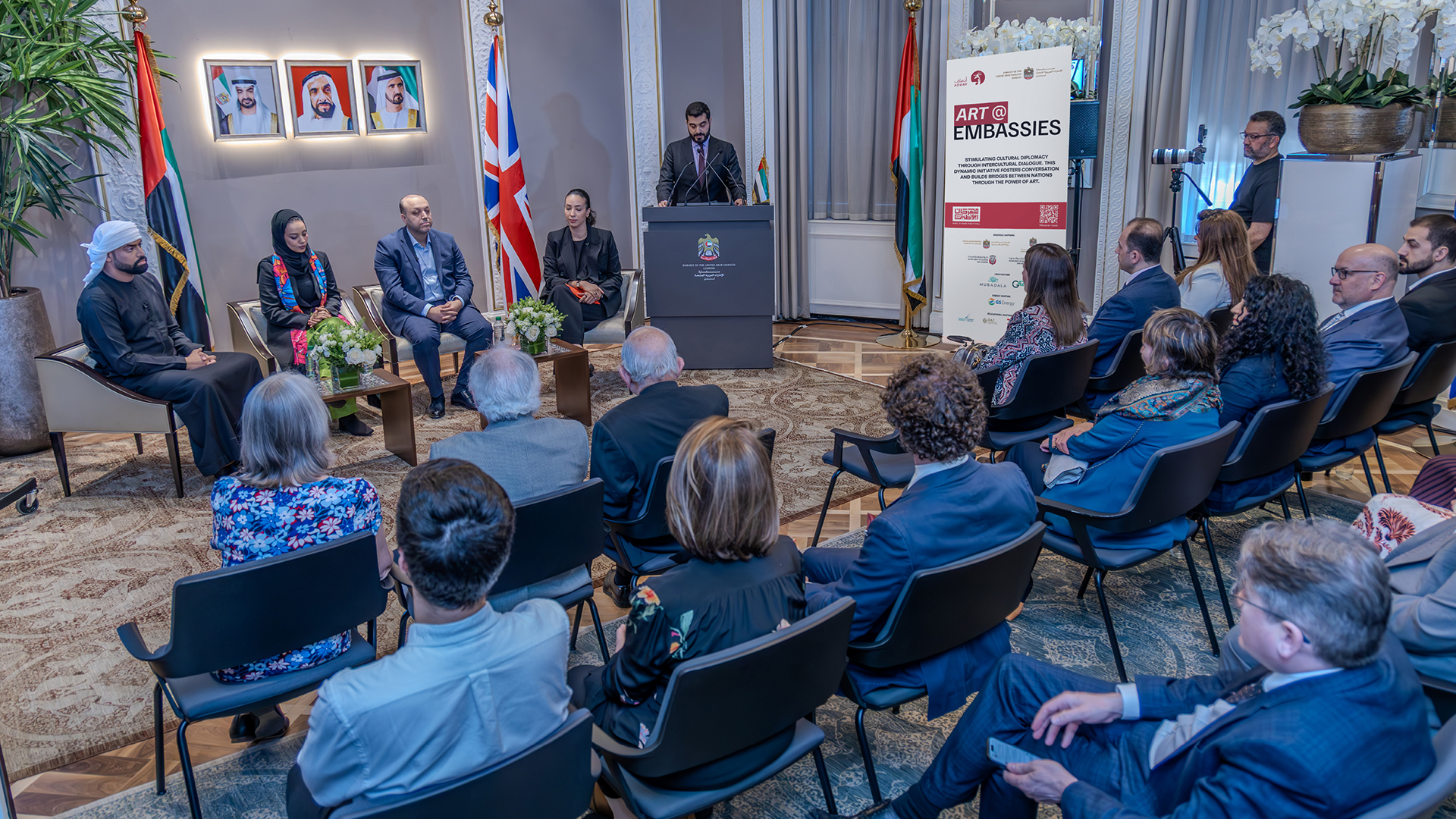
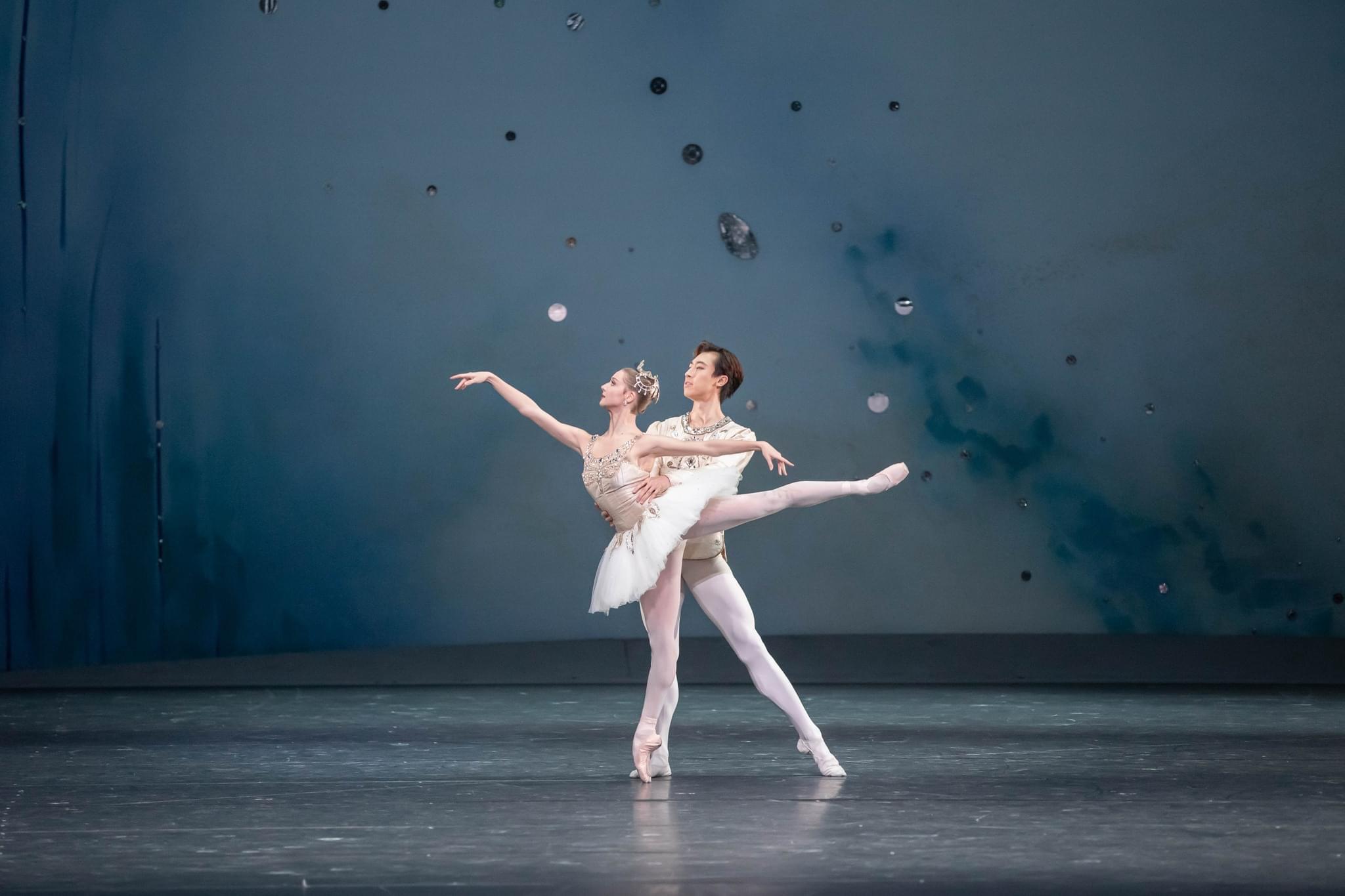
.jpeg)
%2520(1)%2520(1).png)


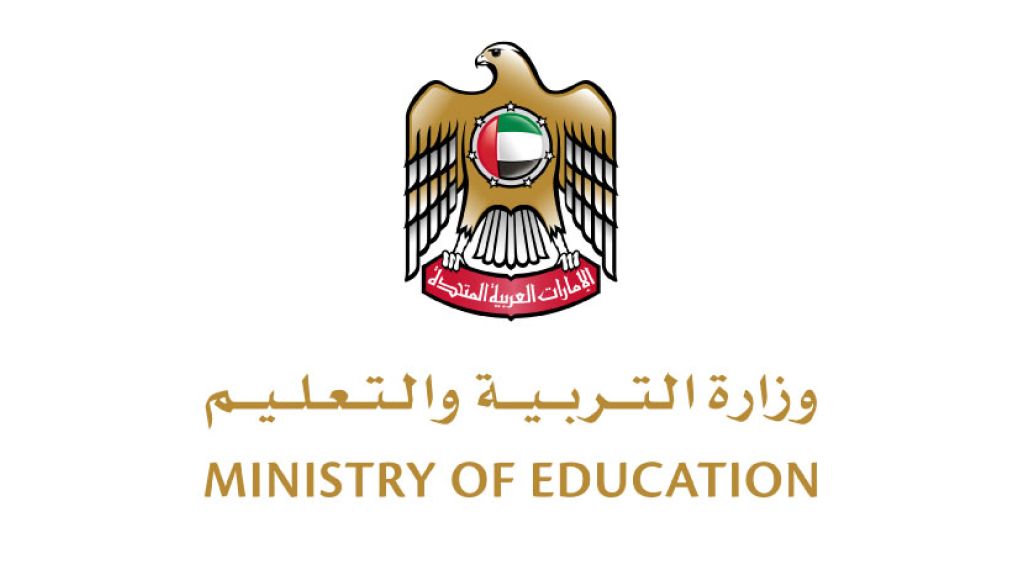

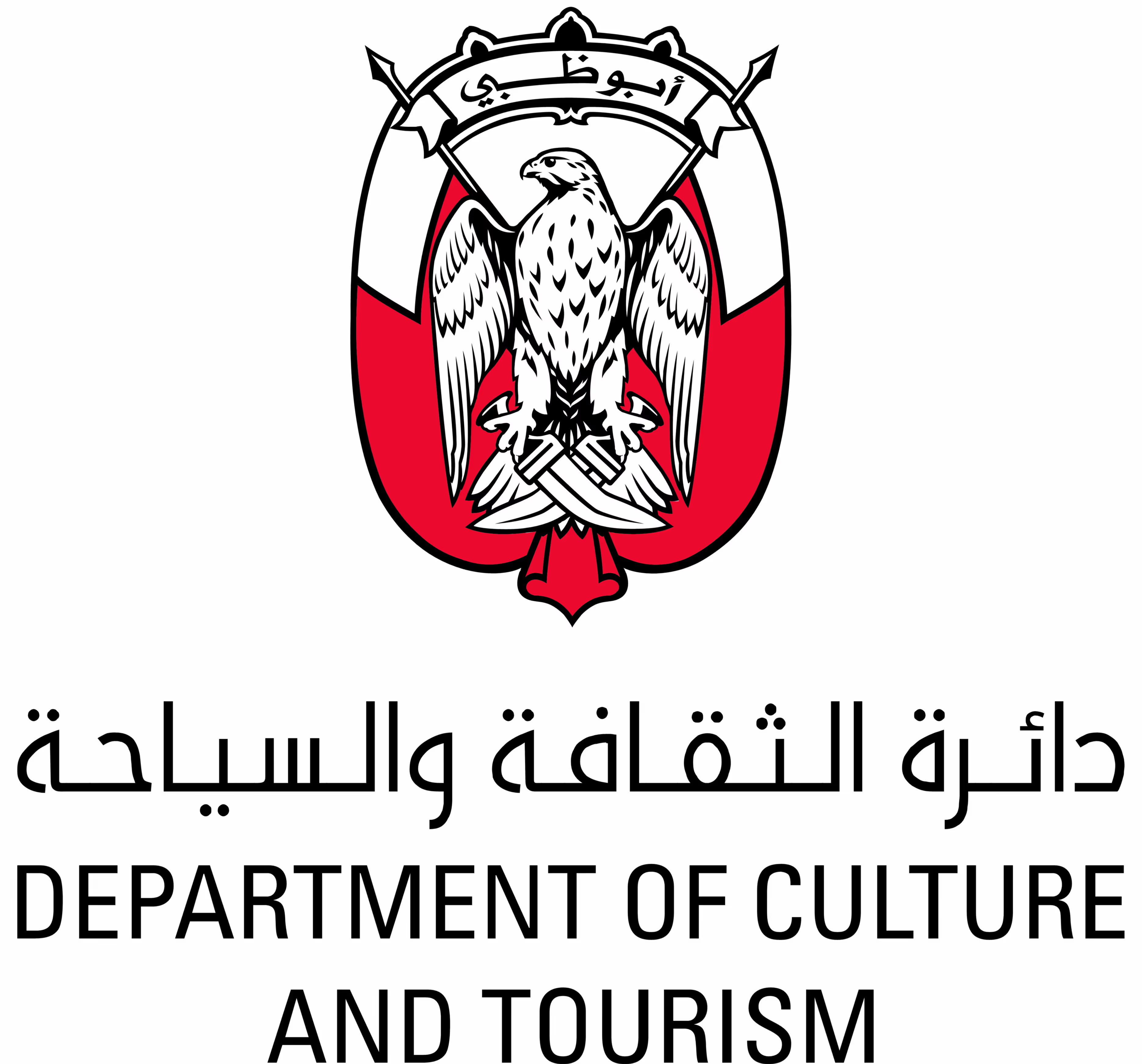














.png)